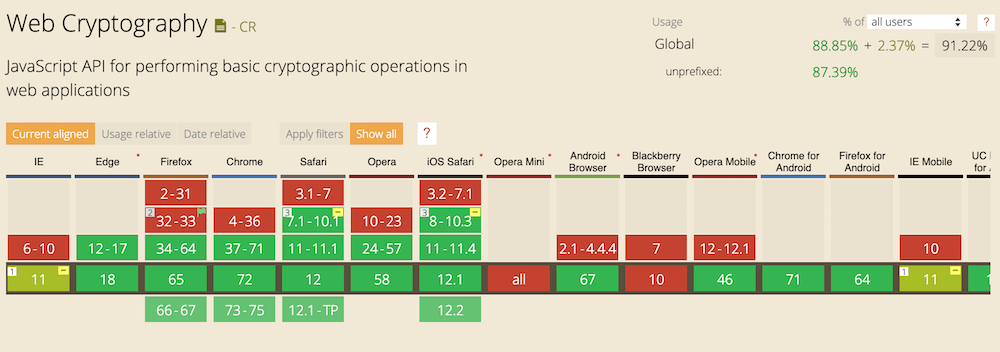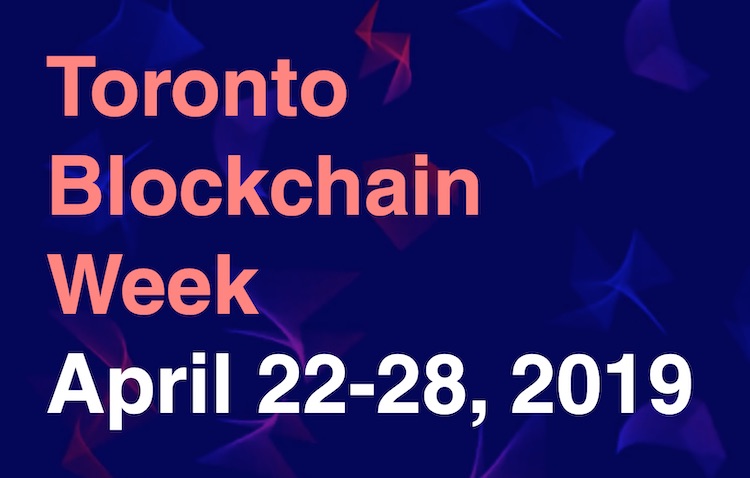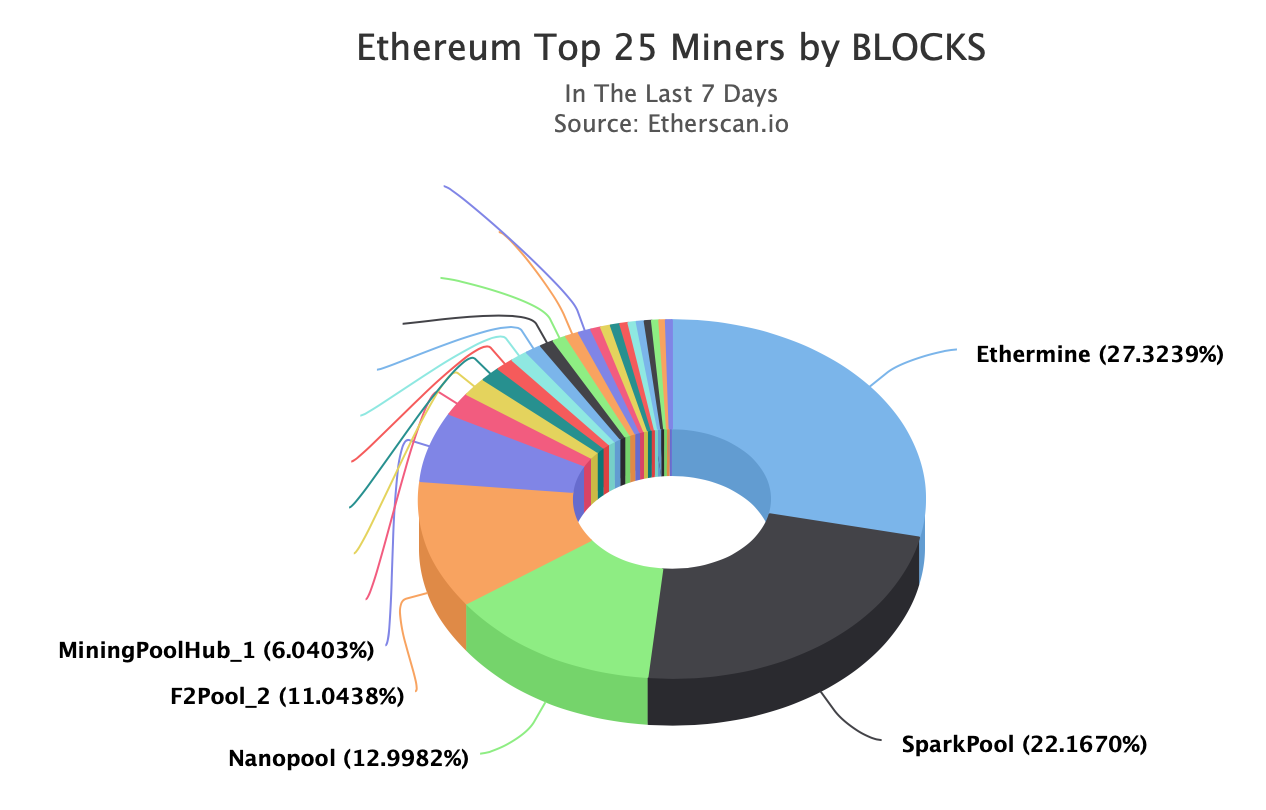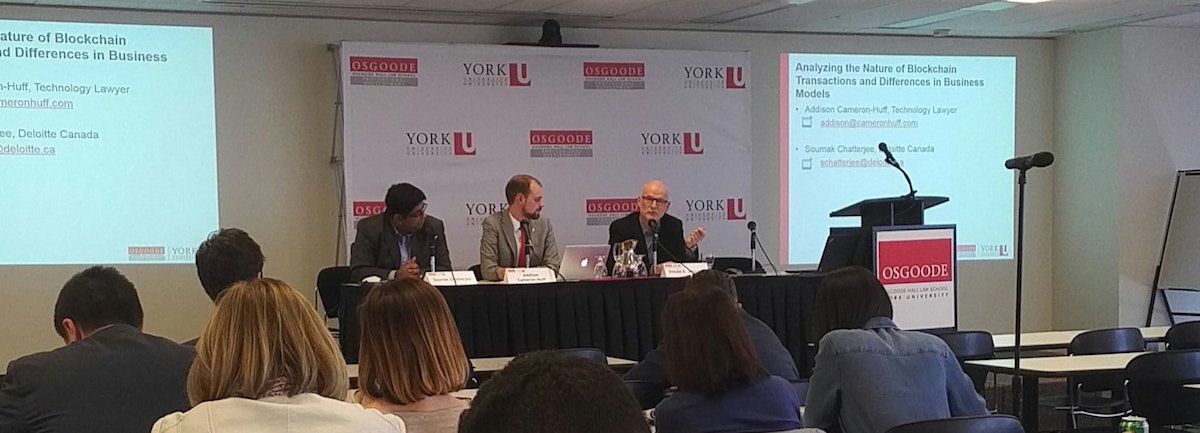
Legal platforms like Clio have brought large firm tools to small firm/sole practitioners, and greatly improved the toolkit available to lawyers. What these platforms don't offer, and what almost all online platforms (e.g. Facebook) don't offer, is local encryption (explained below). The current way of doing things is that lawyers are uploading important information about their clients to systems that they don't control, and that disclosure is often not mentioned in lawyers' retainer agreements. How does this interact with the rules for lawyers, such as the rules for confidentiality in Ontario? How should lawyers be safeguarding client information? The rest of this blog post talks about one possible way of addressing confidentiality in the era of cloud software tools for lawyers.






